Common Good and Lack of Access to Clean Water: UNCC300 Essay
VerifiedAdded on 2022/11/29
|5
|1048
|405
Essay
AI Summary
This essay, written for the UNCC300 course, addresses the critical global issue of the lack of access to clean water and its implications for the common good. The author defines and clarifies the principle of the common good, emphasizing its significance in social teaching and moral values. The essay analyzes the challenges posed by water scarcity, highlighting the impact on communities and professional environments both locally and globally. It explores the responsibilities of communities and political bodies in ensuring access to clean water as a fundamental human right, referencing relevant research and literature to support its arguments. The author emphasizes the need for equal access, social responsibility, and collective action to address this pressing issue and improve sanitation conditions. The essay underscores the importance of the common good in fostering a just and equitable society where everyone has access to essential resources like clean water. The essay concludes by emphasizing the need for collaboration to resolve the challenges associated with water scarcity.
1 out of 5
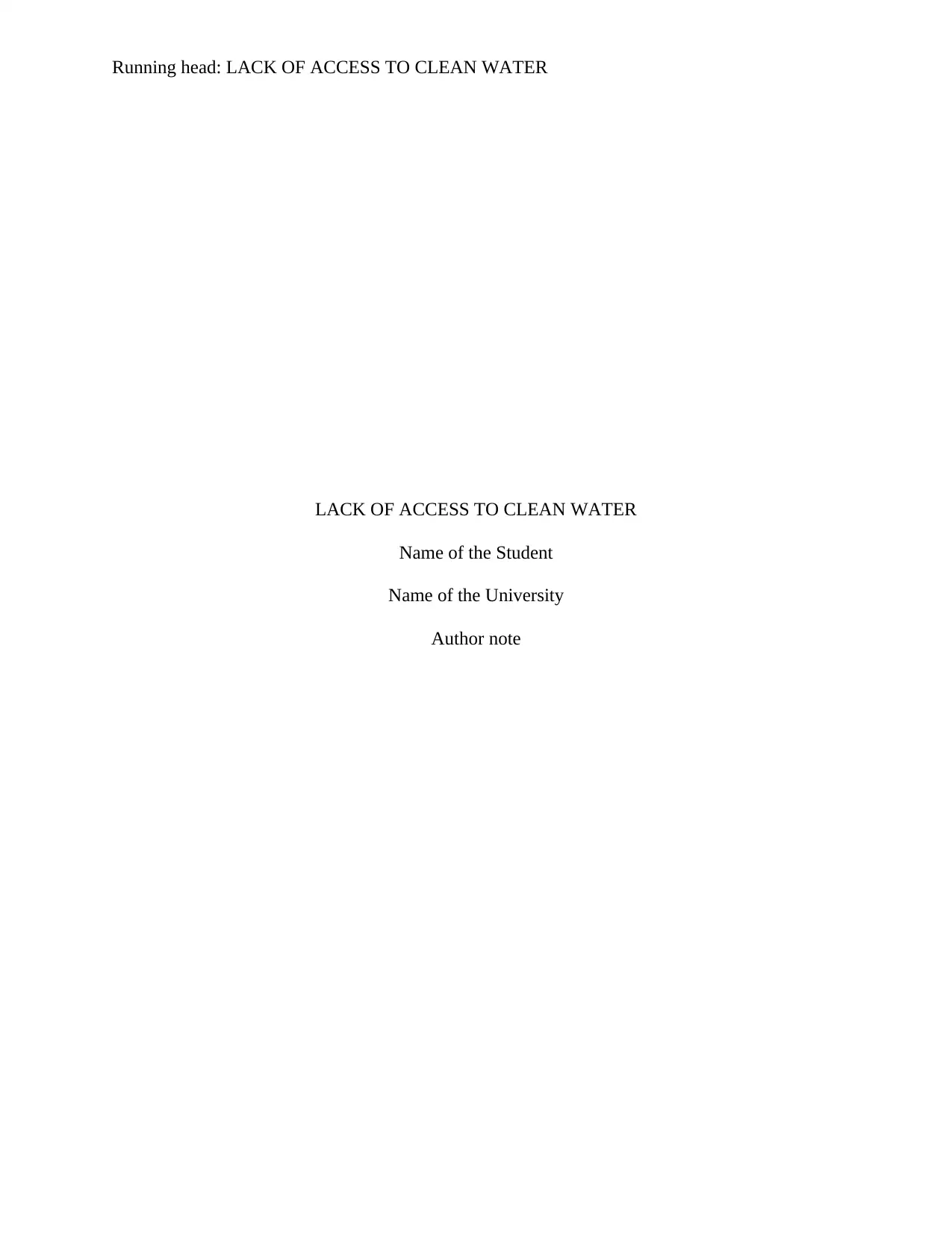
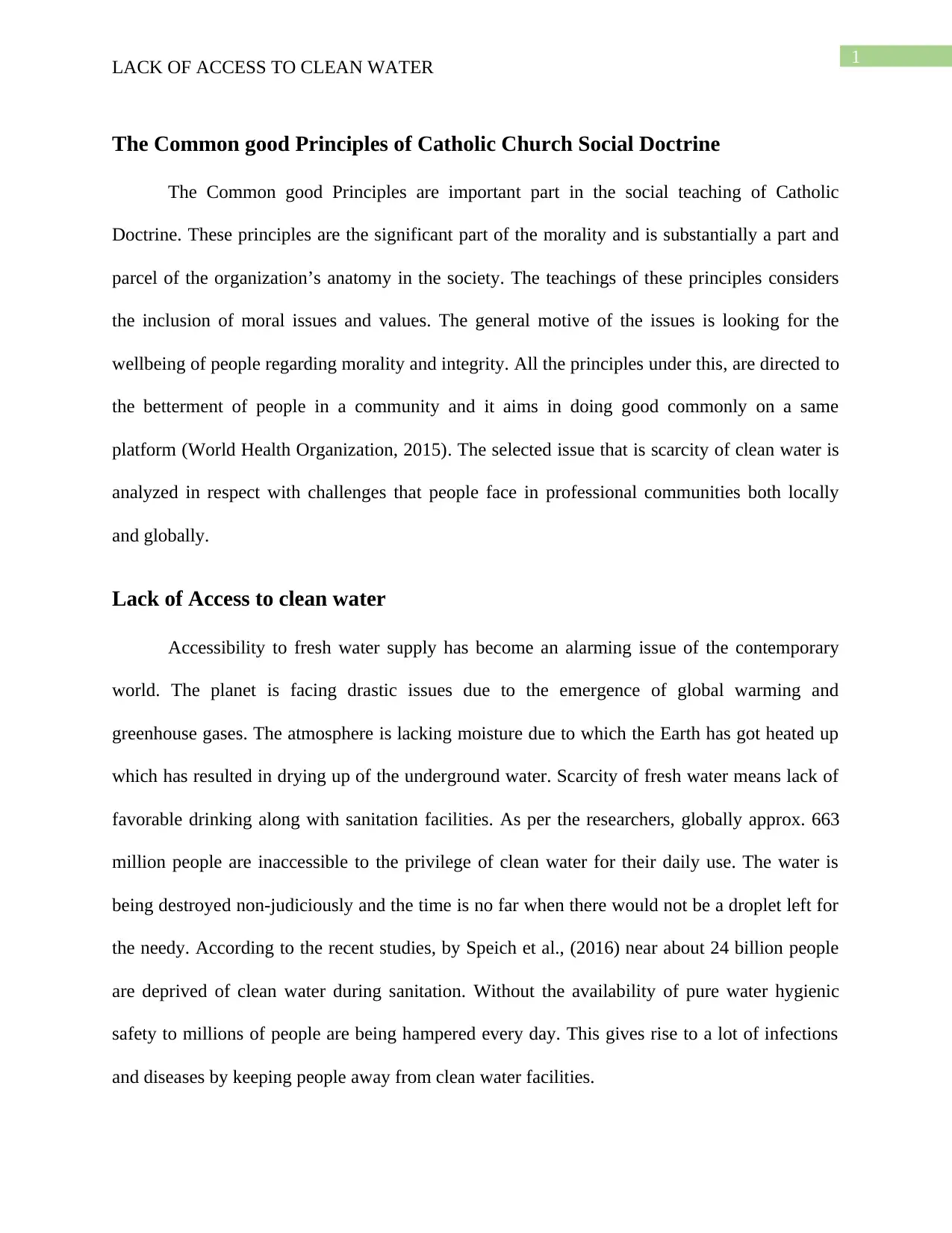
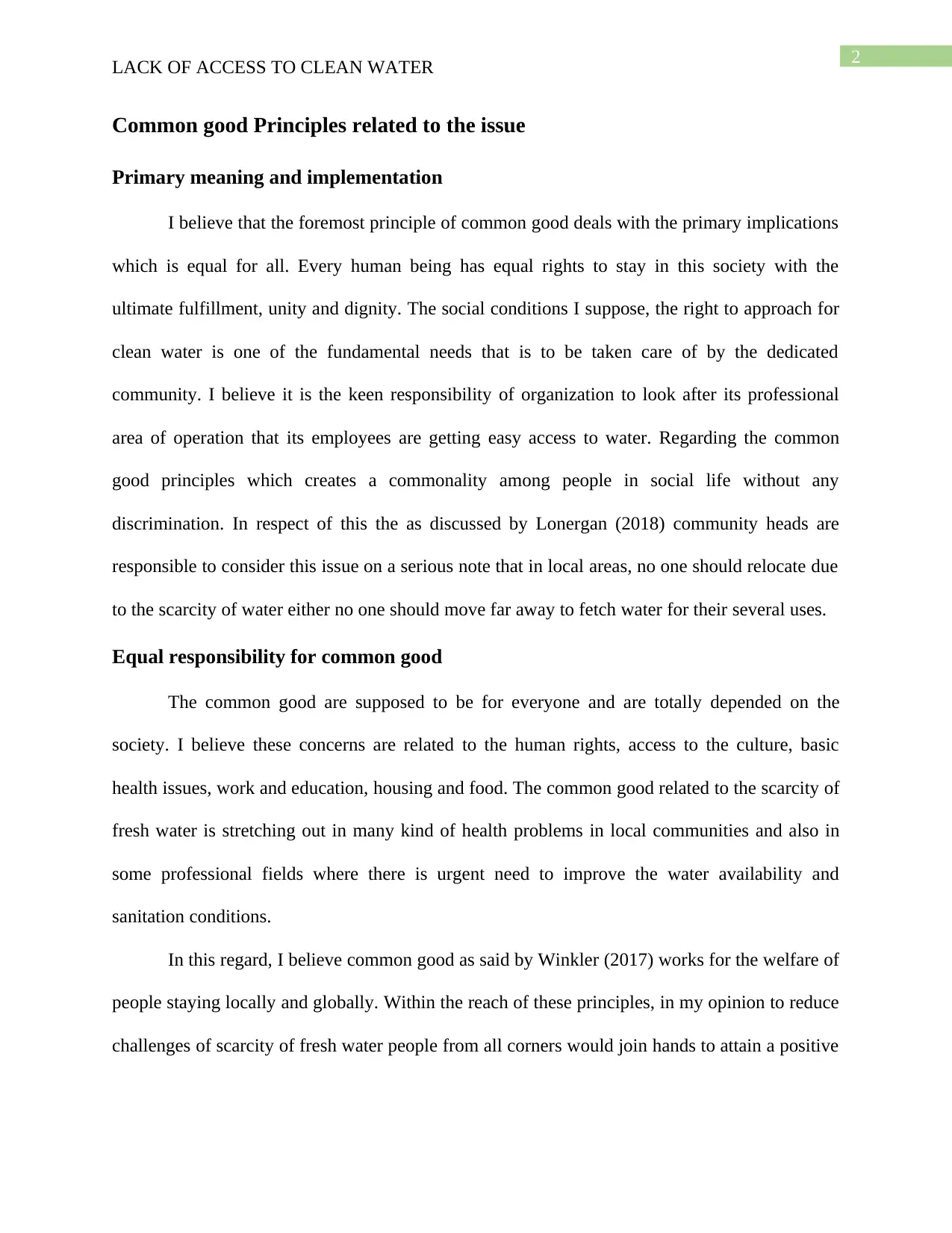

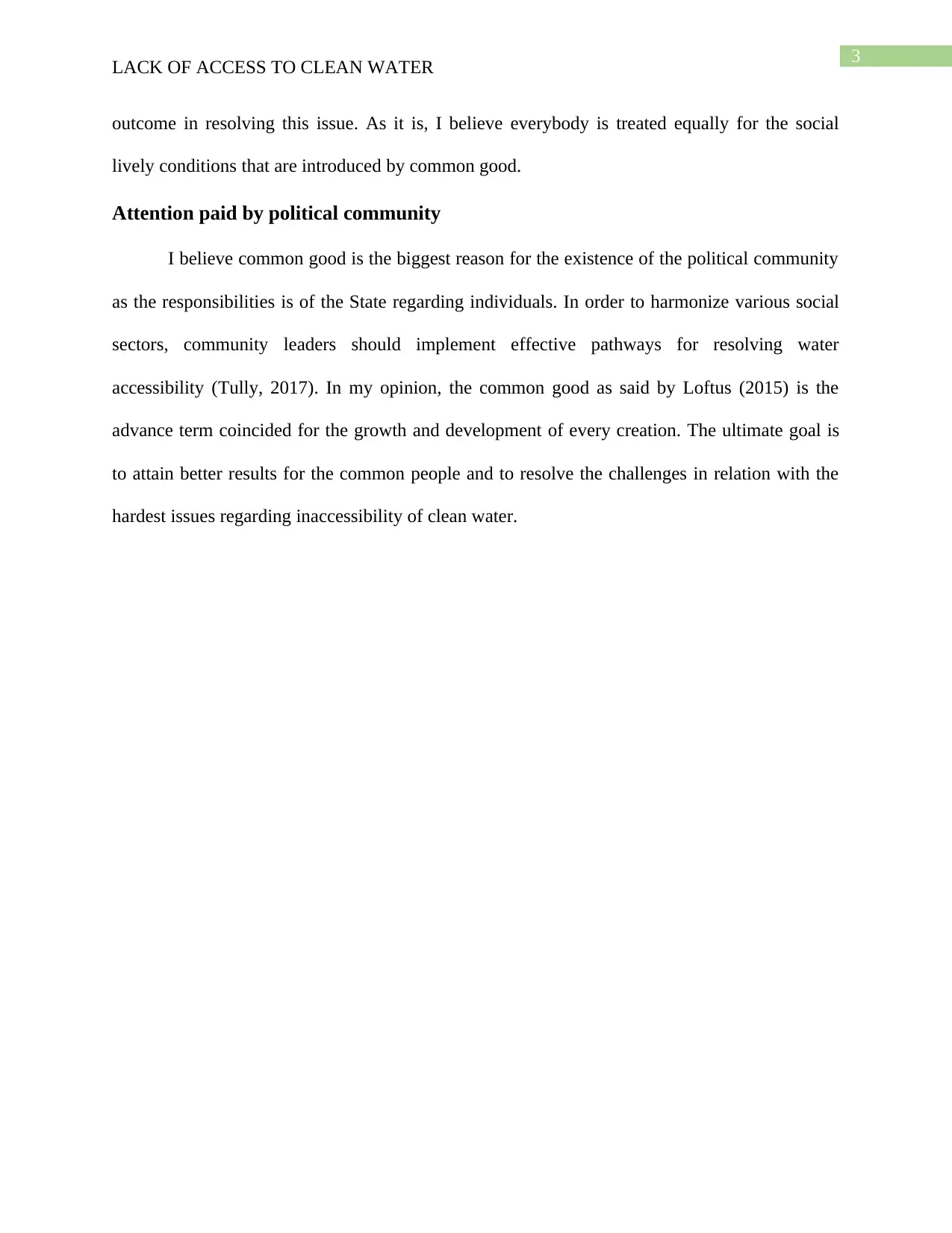
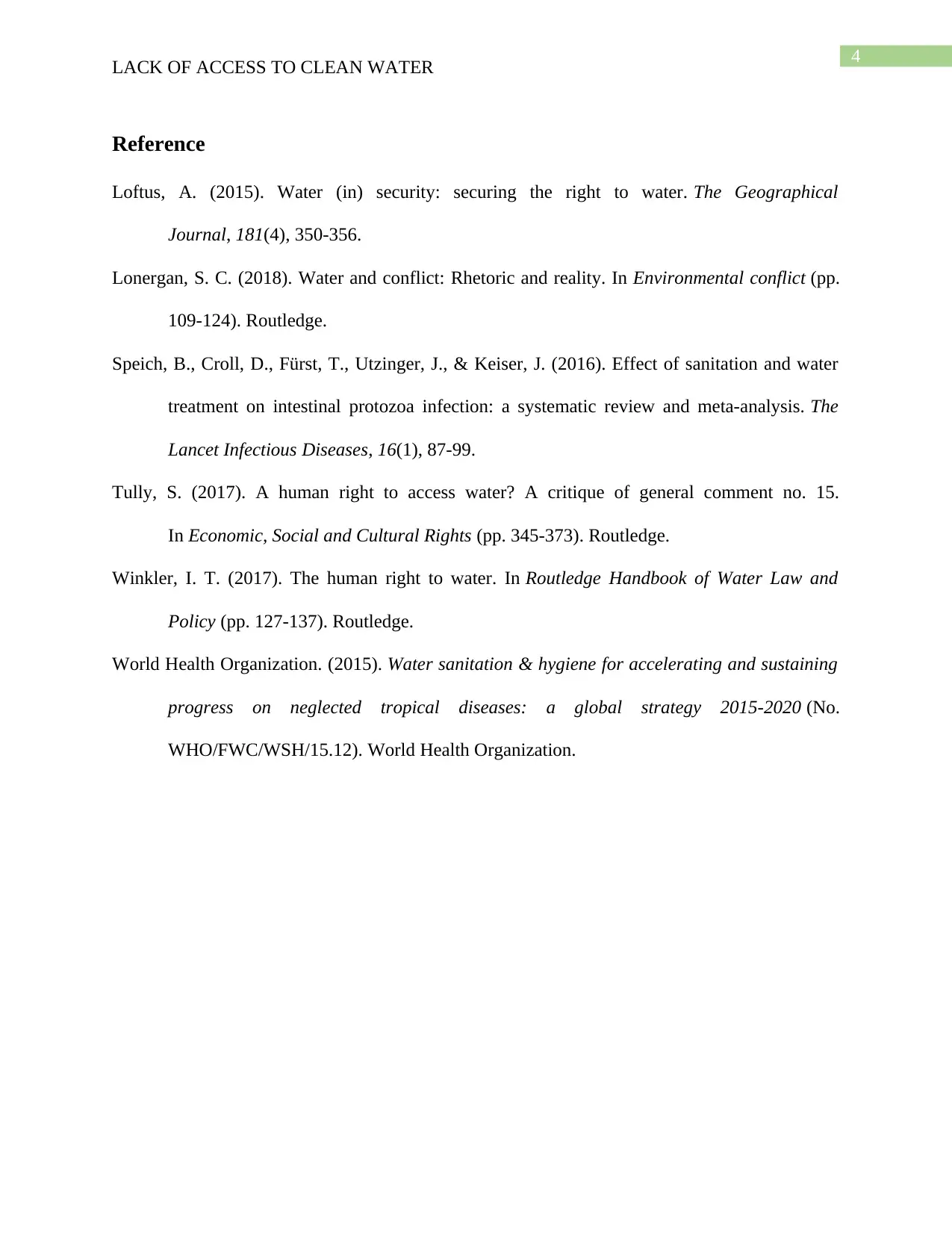




![[object Object]](/_next/static/media/star-bottom.7253800d.svg)